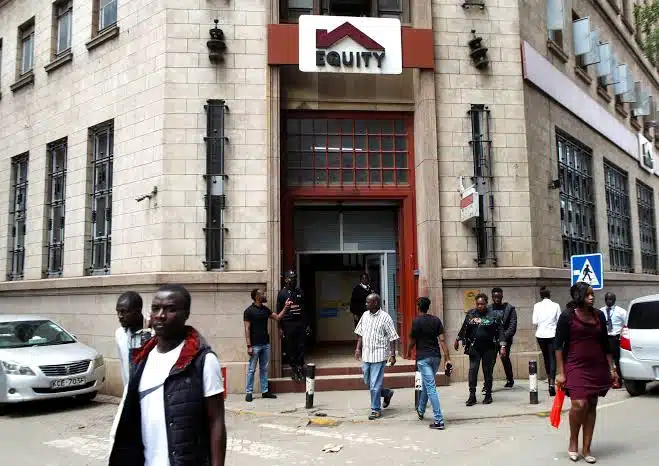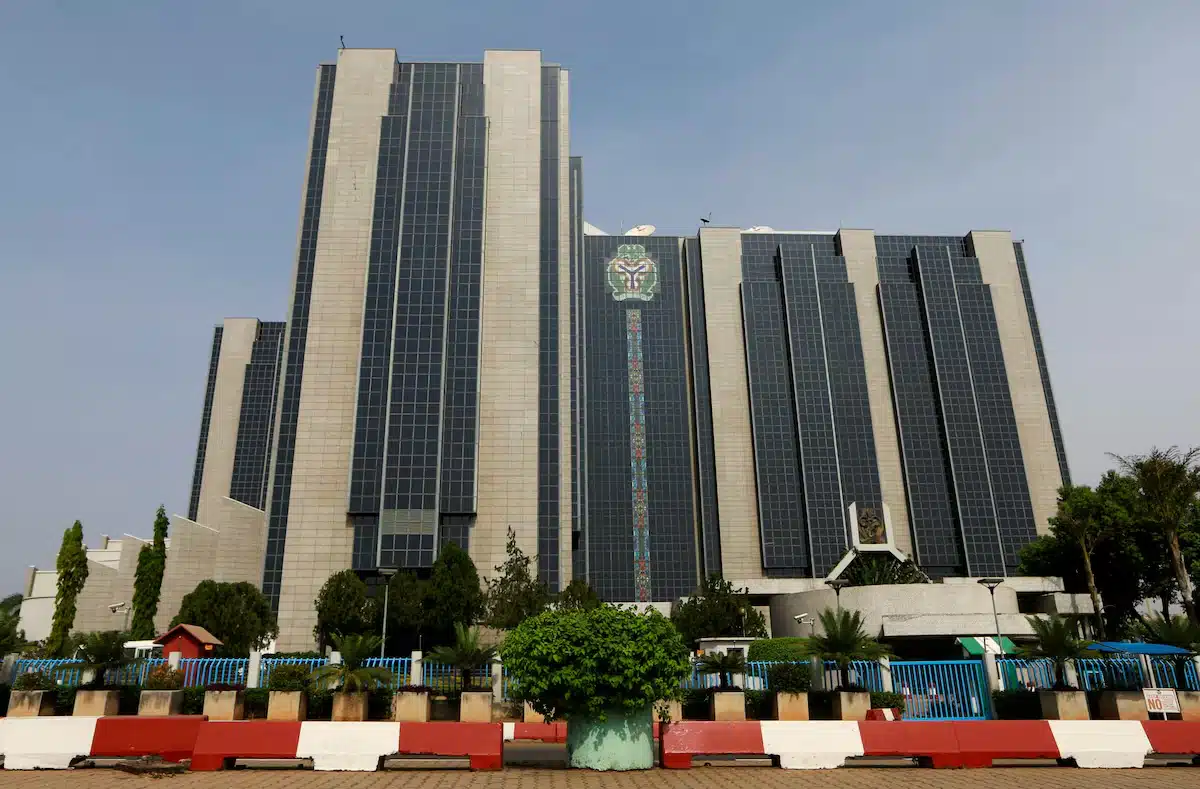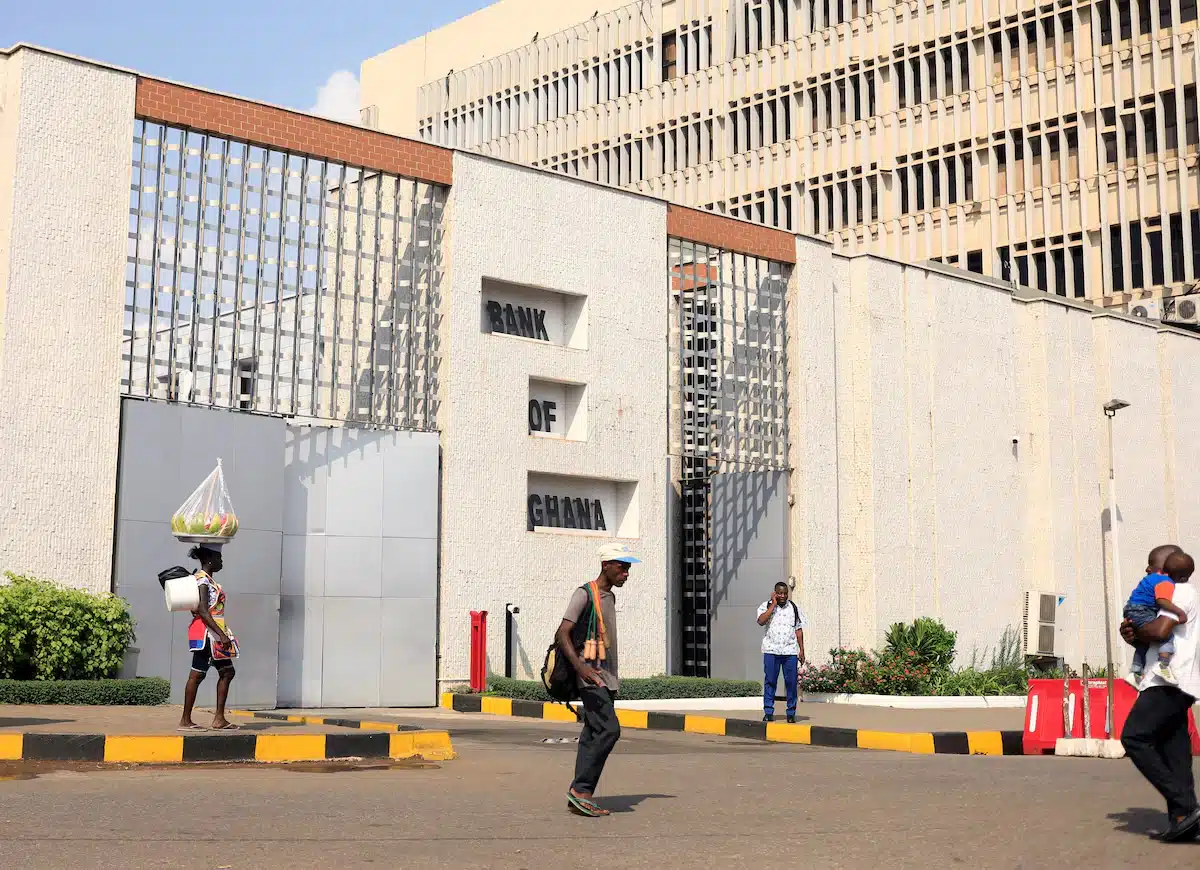HSBC Holdings Plc has officially exited South Africa, ending a three-decade run which will see its assets and operations transferred to FirstRand, the country’s largest lender by market capitalisation. The move, first announced in September 2024, was confirmed in a gazette published by the South African Reserve Bank on Friday.
The notice formally withdrew the British lender’s authorisation to operate in the country in terms of Section 30 of the Banks Act, effective September 1 2025, a month earlier than previously announced.
The exit comes as HSBC’s leadership signalled that the group’s future lies in Asia and the Middle East, where capital flows are deepening.
“You have had two regions that have had an enormous amount of capital,” said Michael Roberts, head of corporate and institutional banking at HSBC, in an interview with Bloomberg Television on Monday. “The interesting thing is the amount of money in the Middle East. We have underestimated that. You have a reordering of the world’s capital flows.”
Next steps
As part of the exit strategy, HSBC’s clients, banking assets, liabilities and employees have moved to FirstRand’s corporate and investment franchise, Rand Merchant Bank (RMB). This follows regulatory clearance received in June 2025.
FirstRand described the integration as a natural fit. “This will ensure that the transferred HSBC clients will have ongoing access to corporate and investment banking services in South Africa,” the group said, adding that most of the accounts involve subsidiaries of multinationals and large domestic corporations, aligning with its customer portfolio.
HSBC’s multinational clients headquartered outside South Africa will continue to use the bank’s global digital channels for account visibility and payment initiation once transferred to RMB.
Global lenders scale back
HSBC’s exit is part of a broader trend of international banks retrenching from Africa. France’s BNP Paribas closed its South African corporate and investment banking division in May 2024, while London-based Barclays Plc and Standard Chartered Plc have both scaled back across the continent.
The exodus underscores the challenges foreign lenders face in African markets, from regulatory hurdles to low returns compared with faster-growing regions such as Asia.
Local lenders are also restructuring. Sasfin Bank has shut down its Business and Commercial Banking unit, while Bidvest Bank was sold to Nigeria’s Access Bank earlier this year.
New entrants eye opportunities
At the same time, some domestic and regional institutions are stepping in. Old Mutual has formally launched OM Bank, signalling confidence in South Africa’s credit market. Several smaller entrants are also lined up to begin operations from 2026.
Sanlam, the country’s largest insurer, plans to introduce banking services next year, a strategic move aimed at diversifying revenue streams and deepening ties with its existing client base.
Meanwhile, retail giant Shoprite is also preparing to expand its financial services offering, betting on its broad consumer reach to gain ground in the banking sector.










